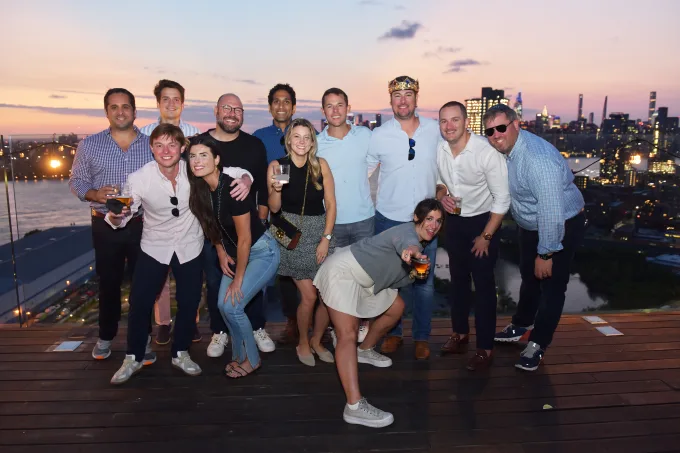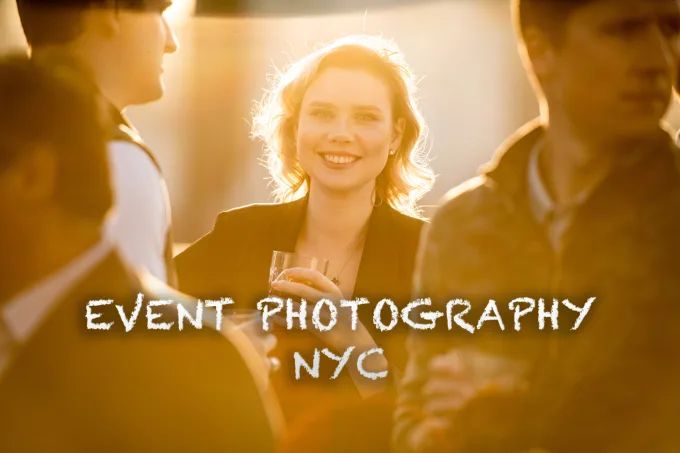Event Photographers
- Home
- Event Photographers
Event photographers specialize in capturing moments and memories at various events such as weddings, corporate gatherings, parties, conferences, concerts, and festivals. Their role is to document the atmosphere, emotions, and key moments of the event, providing clients with a visual record of their special occasions. Here’s an overview of event photography and its key aspects:
Coverage and Documentation: Event photographers are responsible for documenting the entire event, from start to finish, capturing candid moments, group shots, speeches, performances, and other significant aspects. They aim to tell the story of the event through their images, providing a comprehensive record of the day’s activities.
Adaptability and Flexibility: Event photographers must be adaptable and flexible, as events can be unpredictable and fast-paced. They must be able to navigate different lighting conditions, shooting environments, and logistical challenges while remaining focused on capturing key moments and emotions.
Technical Skills: Event photographers possess strong technical skills in photography, including knowledge of camera settings, composition, lighting, and equipment. They use professional cameras, lenses, and lighting gear to ensure high-quality images in various shooting conditions.
People Skills: Interpersonal skills are essential for event photographers, as they often interact with clients, event organizers, guests, and other vendors. They must be able to communicate effectively, make subjects feel comfortable in front of the camera, and blend into the background when necessary to capture candid moments.
Storytelling and Emotion: Event photography is about more than just capturing images; it’s about telling a story and evoking emotions. Photographers strive to capture genuine expressions, interactions, and moments of joy, laughter, and celebration that reflect the atmosphere and mood of the event.
Attention to Detail: Attention to detail is crucial in event photography, as photographers must be vigilant in capturing all the important moments, details, and nuances of the event. From the decor and ambiance to the small gestures and interactions, every detail contributes to the overall story of the event.
Post-Processing and Delivery: After the event, photographers edit and process the images to enhance their quality and consistency. They may adjust exposure, color balance, and contrast, as well as crop and retouch images as needed. Clients typically receive a selection of edited images in digital format for viewing, sharing, and printing.
Client Satisfaction: Event photographers prioritize client satisfaction, striving to meet or exceed their expectations for coverage, quality, and turnaround time. They work closely with clients to understand their vision and preferences, ensuring that the final images capture the essence and spirit of the event.




